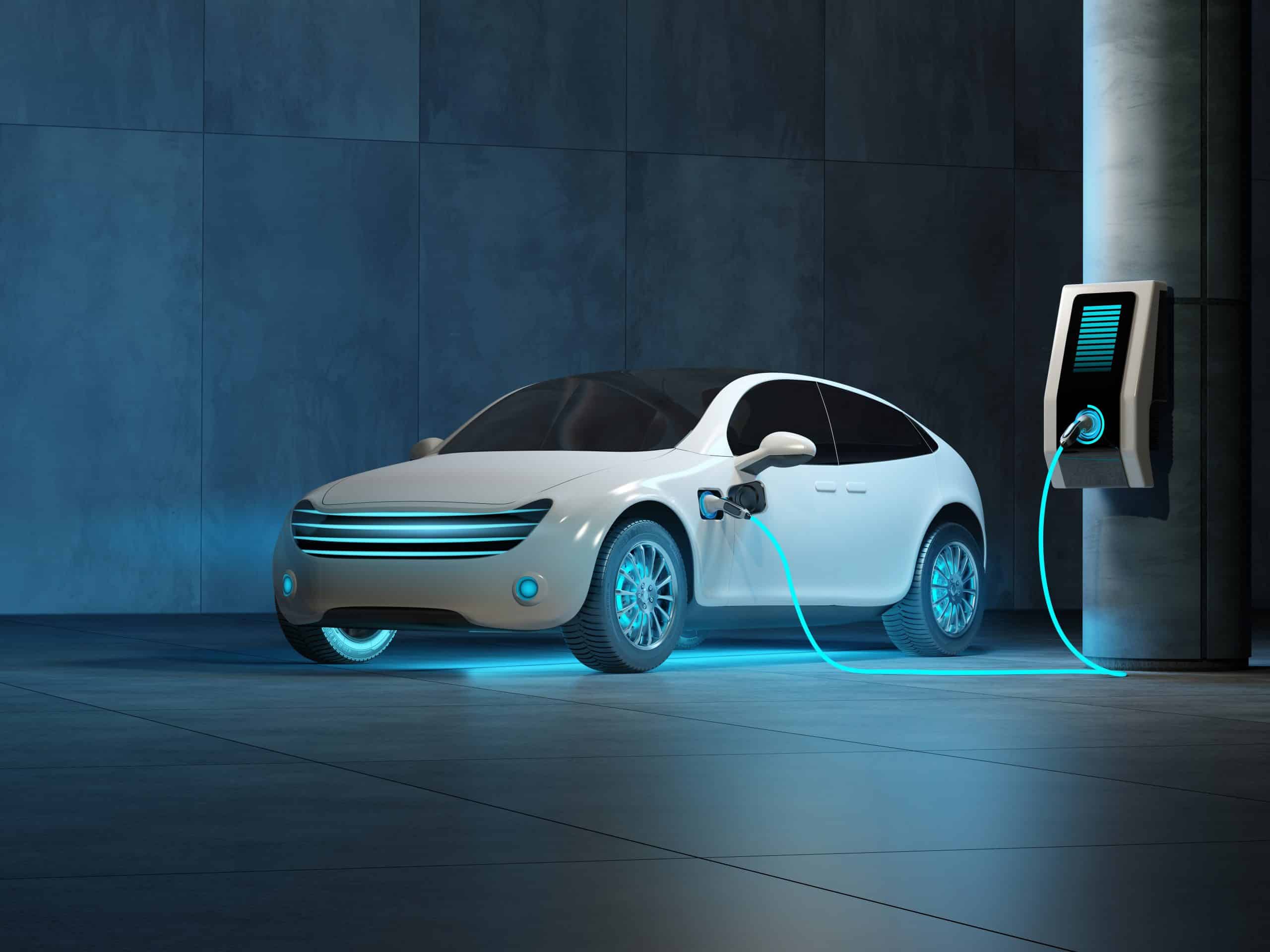The Future On Wheels, But Are We Stuck In Neutral? – Mia P

Electric vehicles are the future of the automobile industry no doubt but are the cars too advanced for our current society? While the fundamental benefits of drivers using electric vehicles is a boost in the right direction to a greener planet that doesn’t have so many carbon emissions, this is equally matched with many issues included in the electric vehicle vs society battle which seems to just be regressing our advancements constantly. Let’s discuss some of the most prominent issues that owners of electric vehicles are currently facing.
One of the most notable differences between electric vehicles and fuel vehicles is that you must charge your car, however this is proving to be more difficult than expected. Although in theory being able to charge your car seems efficient it usually takes a minimum of 30 minutes when using a fast charger to gain enough power to continue your journey further, and it takes several hours on normal chargers. This is obviously not optimal for long distance car journeys as it can greatly lengthen the time expectancy of a trip when people have to stop and charge their car. It is becoming more common for people to charge their cars overnight now instead which is very efficient in comparison to filling up on fuel, however this doesn’t provide a solution for the on-the-go situation. It is said that battery advances are in the works, but the date of a final product that works consistently is still very much unknown.
On top of this, when you fill up your car at a petrol station, the typical protocol is to fill up before either paying at the pump or at the till inside of the shop, but with electric vehicles it isn’t as easy. Often a card, app or subscription is required to charge your car with certain networks/companies which increases confusion and inconvenience for drivers without the simplicity that other drivers may have. A push towards universal payment is a necessary change for the future of electric vehicles and to encourage more drivers to make the switch with their vehicles.
The National Grid covers the power for the entirety of England and Wales so if it can’t keep up with the demand of the countries then it affects a very large amount of people’s daily lives. More electric vehicles means that more power is required up and down the country and although the National Grid has large supplies of energy, problems are cropping up frequently with building companies not being able to secure planning permission in certain areas due to the lack of capacity on certain areas of the grid. If houses are built, and even in places where housing is already established the risk of blackouts and higher energy costs for locals during peak charging times is becoming a very real concern. In certain areas, smart grids and more renewable energy sources are being looked into to handle the additional load, however these new developments cost money and so none of these plans are concrete just yet.
Even though there are clearly issues with the amount of power being drained from the National Grid, there is still seemingly not enough charging stations spread across the country. While in urban areas it isn’t uncommon to find charging stations, they are often very crowded due to the limited amount; especially since in rural areas there may be none at all. This causes many people to have to install stations at their homes leading to a large increase in people’s electricity bills. This is also causing big issues for drivers, by giving them what is called “range anxiety,” often preventing people from wanting to drive long distances, especially when every function in the car drains the power. Heating, air conditioning and entertainment systems all reduce charge which is a highlighted issue during long drives or driving in certain weather conditions – such as when it’s too hot or too cold. Automakers are currently working on a solution to this issue, but it still raises the question of if the cars are advanced enough to be suitable for everyday life yet. An important reminder is served to people that conserving energy isn’t just about how you drive but what you’re doing while in the car as well. If electric vehicles are going to be the future, then more charging stations need to start being seen across the country, starting now.
But just because there are clearly many flaws with current electric vehicles, doesn’t mean there aren’t positives and there isn’t room for improvement in the future. Electric vehicles obviously make a major contribution to the reduction of carbon emissions on the planet; with so many people driving everyday, if even just a few of these cars aren’t producing emissions then a change is being initiated and will continue to grow. The development of electric vehicles is undoubtedly the future, but the big question is; are we ready for the future yet?














Post Comment
You must be logged in to post a comment.